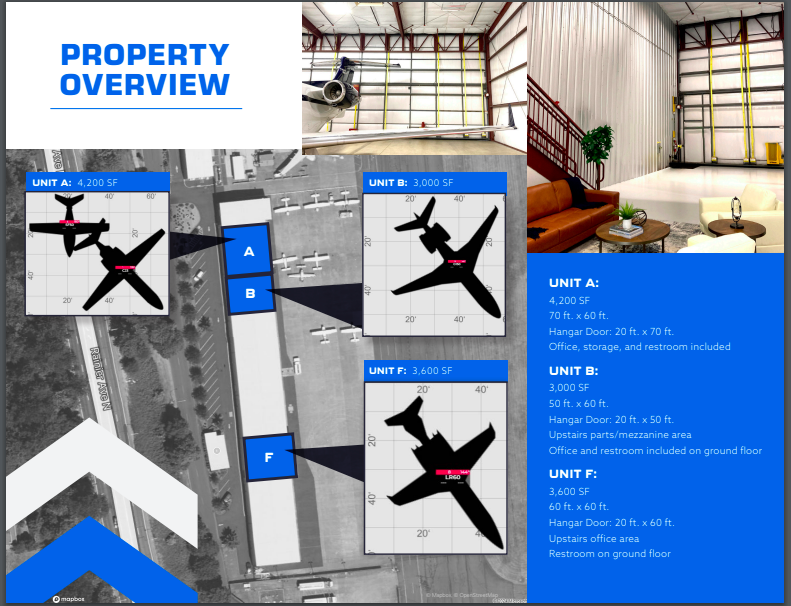In a statement yesterday, Renton’s Mayor claimed that there was nothing the city could have done to prevent Proflight from selling their facility for private jet parking. His capitulatory statement almost rolls out the red carpet to jets from Boeing Field.
“One of our long-term existing airport tenants (Pro Flight Aviation) has sold their existing business to a new operator (Dark Horse Aviation). Under the terms of the 35 year lease, the existing tenant has the express right to do this. The only role the city can play is in evaluating the new operator’s financial capacity, experience in running an FBO, or fixed-based operator business, and compliance with Airport Leasing Policy.”….”The new firm is looking to try to service jets shut out of Boeing Field; however, this was going to occur naturally as Boeing Field is taking on greater importance as a cargo hub and site of large business aircraft. “
This position contrasts with many Renton officials of the past, who have worked hard to prevent a Jet Center in Renton. Mayor Jess Tanner, a former FAA executive living just west of our airport, become involved in city politics when he was appointed to the city’s aviation board overseeing the Renton airport after his retirement in 1980. He was determined to keep our airport focussed on prop-powered general aviation along with new Boeing takeoffs.
Mayor Tanner appointed an Airport Manager who shared Mayor Tanner’s affection for diverse, accessible general aviation, and understood the airport would thrive if it had both aviation community and Renton community buy-in. This manager helped draft the Proflight lease in a way that encouraged propeller airplane services, like flight training, aerial photography, rental aircraft, and repairs, ahead of jet parking. The lease was negotiated with the owners of Proflight when they sought to build their beautiful new building, and needed a long-term lease.
This effective Airport Manager took another important step, spearheading the city’s work in creating the Renton Airport Sustainability Management Plan. This plan, which the FAA helped sponsor with $150,000, could assure we had a sustainable, effective, neighborly airport into the future. The Renton Airport Advisory Committee (RAAC)– composed of industry representatives, airport tenants, residents, Renton officials, and FAA — worked with a consultant to create and approve this plan.
The Sustainability Management Plan would be an important tool for introducing new tenants and working with them toward a successful future. But for the plan to work, the Airport Manager has to make it work. There are daily, monthly, quarterly and annual, and biennial tasks for the Airport Manager in the plan, and few of these were getting done as the airport leadership changed five times in the past five years (with one airport director working remotely from out-of-state).
If the Airport Management sustainability tasks had been getting completed, and the RAAC had been empowered to meet regularly to assist, other attractive uses for Proflight might have been available. Or Proflight could have received a rent-reduction, in exchange for a lease that further limited future jet activity. Or when the new lease was signed with Dark Horse, they could have been advised that they would only be allowed to expand in the future under certain conditions, like preserving prop-powered airplane services. Or new voluntary noise agreements could be reached in exchange for future consideration, or operating hours might have been agreed to. The new tenant could have been informed they had to study the sustainability plan and commit to it, as is expected with other Renton standards and procedures. I’m sure many other levers for influencing the future were available, but cast aside. Instead, the Mayor’s statement says there’s no way to influence it.
Below is some of the specific language in the Proflight lease that encouraged a community-focussed facility over jet parking. With collaboration, this could have been further improved on over the years:
________________________________________________
8. USE OF PREMISES:
8. a. Use of Premises: The Premises are leased to the Tenant for the following described purposes and uses necessary to said purposes, in accordance with the Airport Regulations and Minimum Standards pursuant to Section 8( e):
8. a.( 1). Aircraft Maintenance including inspection, major and minor repair, and major and minor alteration of airframes, engines, avionics, interiors and aircraft components;
8. a.( 2). Storage and tie- down of aircraft, both indoors and outdoors;
8. a.( 3). Commercial flight operations including flight training, aircraft rental, sightseeing, aerial photography and any operations conducted under 14 CFR Part 91 and 14 CFR Part 135;
8. a.( 4). Sale of aviation fuels and lubricants;
8. a.( 5). Sale of aircraft parts, components and pilot supplies;
8. a.( 6). Aircraft servicing with fluids and compressed gases;
8. a.( 7). Aircraft grooming;
and 8. a.( 8). Aircraft sales, leasing, and management.
8. b. Continuous Use: Following the construction of improvements on the Premises by Tenant as described in Appendix 1, Parties’ Schedule of Construction, Tenant covenants that the Premises shall be continuously used for 8. a.( 1) and 8. a.( 4), and some or all of the remaining purposes set forth above during the Term, shall not be allowed to stand vacant or idle, subject to reasonable, temporary interruptions for maintenance, construction, or other purposes, and shall not be used for any other purpose without Landlord’ s prior written consent. Consent of Landlord to other types of aviation activities will not be unreasonably withheld.
The full Proflight lease can be found here



Leave a Reply